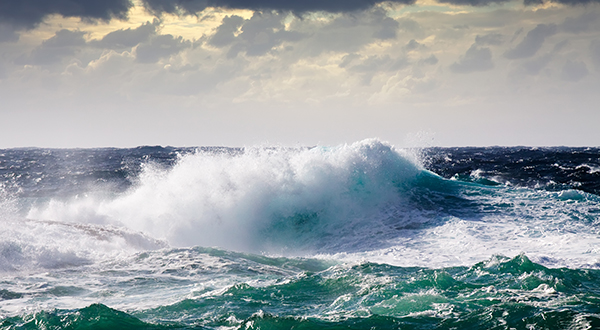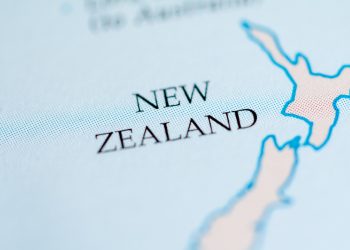In the summer edition of its Bodily Injury News, the UK Club advises operators on what to do when death occurs at sea. Death in a workplace environment is not any easy issue, but having a regimented, step-by-step plan in place to deal with such circumstances is integral especially whilst at sea, suggests Linda Wright, claims executive at UK P&I Club.
“When the unexpected death of a crewmember occurs at sea, action must be taken to preserve the body and show respect for the deceased and their families. Appropriate contact with family members by shoreside personnel is important and proper procedures for handling the body must be implemented, which is particularly critical if the ship is days or weeks from arriving at a port where the deceased can be disembarked”, she explains.
UK P&I Club cites the following advice regarding handling of the body:
- Don’t place the body in the freezer
Mrs Wright notes that the body’s preservation through freezing is a common misconception. When a body is frozen, the tissues dehydrate and the body develops freezer burn, causing discolouration of the skin, which may make problematic for family members to recognise the deceased.
Moreover, handling bodies when they are frozen can cause fracture, making difficult the following investigation. Also, if frozen, it takes approximately three days for the body to thaw before an autopsy can take place, and the body will decompose much more quickly than if it had been refrigerated, Mrs Wright explains.
- Store the body in the refrigerator
If it is anticipated that the body will not be stored on board for longer than two months, then the deceased should be placed in a body bag and stored at 4° Celsius/39° Fahrenheit in a refrigerator or cold store. This should effectively retain and preserve the body for post-mortem examination and for burial ashore by the family.
- Family and crew concerns
“Following a death at sea, there will likely be emotional responses from family and fellow crewmembers. Once the family has been notified of the death, there may be religious or cultural customs requested. However, at sea, there are limited resources available to implement all requests for traditional death customs. If possible, it may be beneficial to have a trained grief counsellor visit with the crew upon arrival at a port, particularly in cases of suicide.”
Concluding, Mrs Wright discourages crew members from disposing of the body at sea, unless there is a specific request from the family in writing.
Explore more by reading the full document:
































































